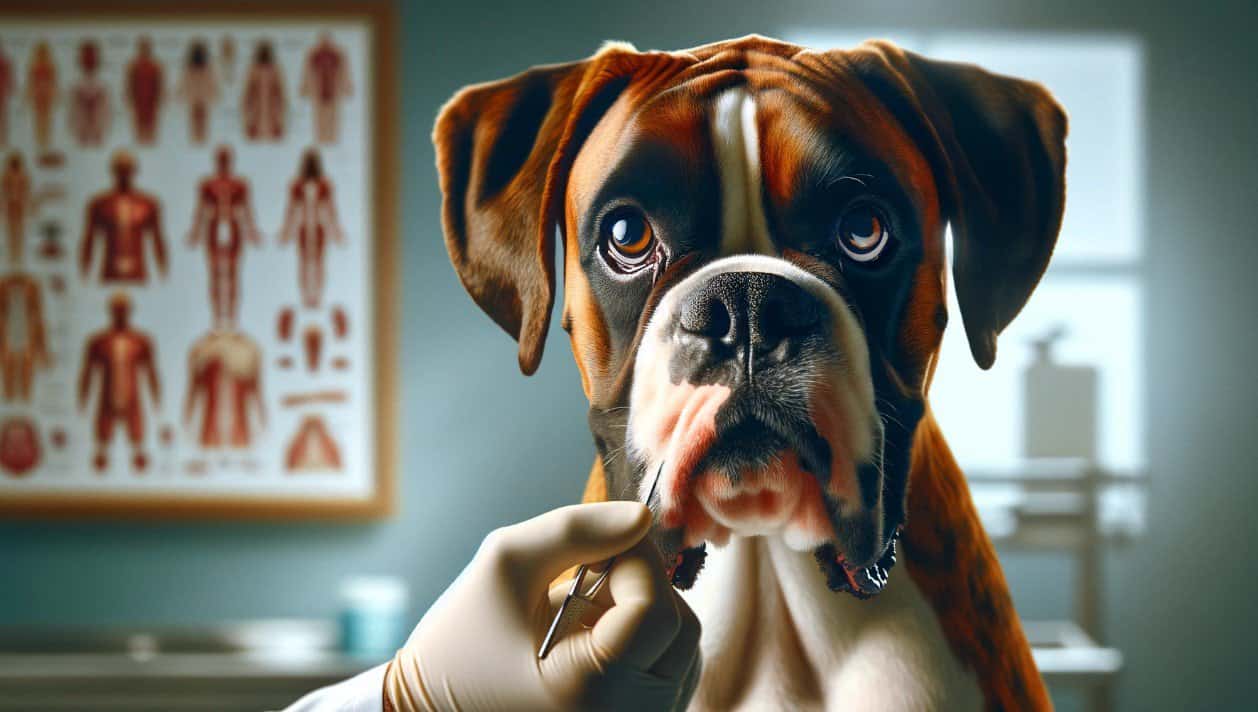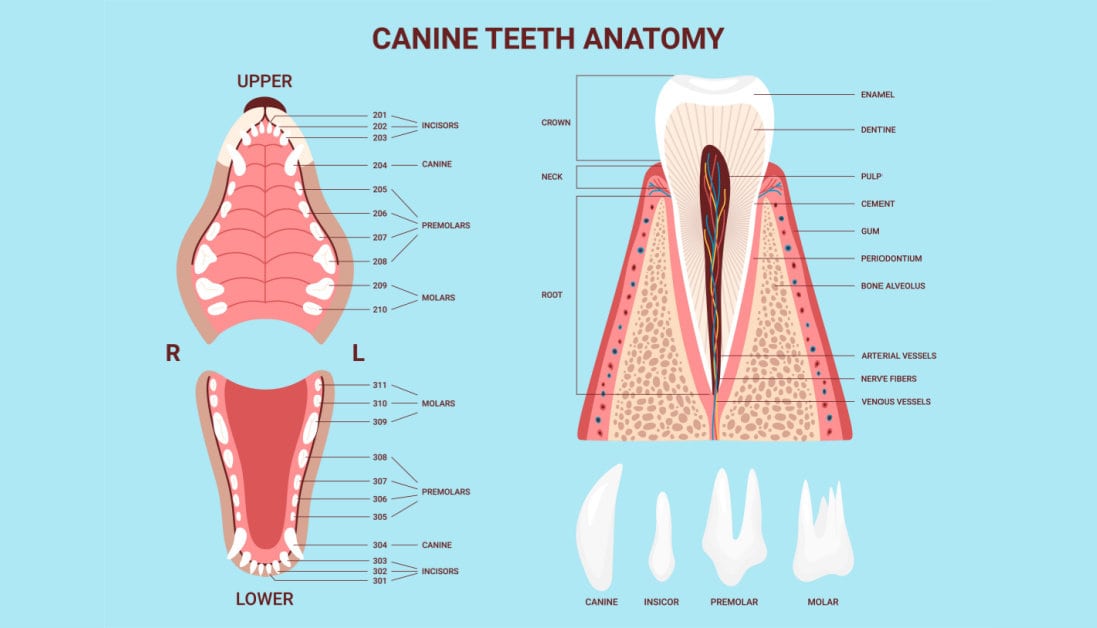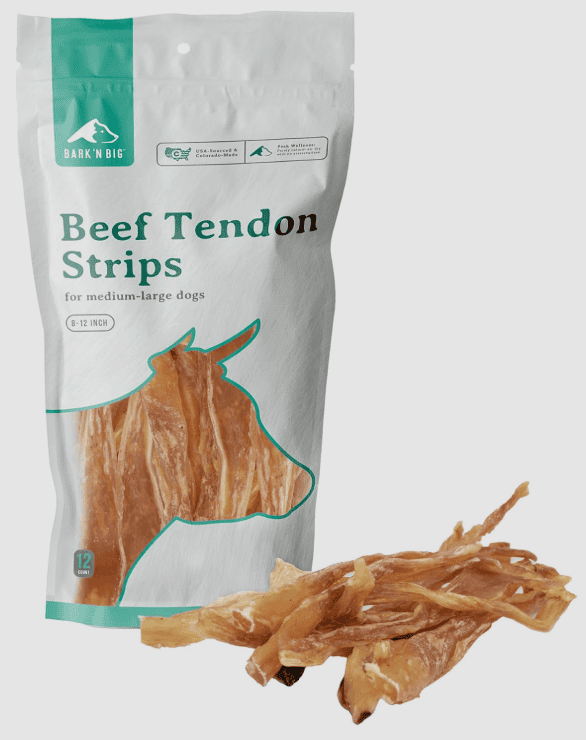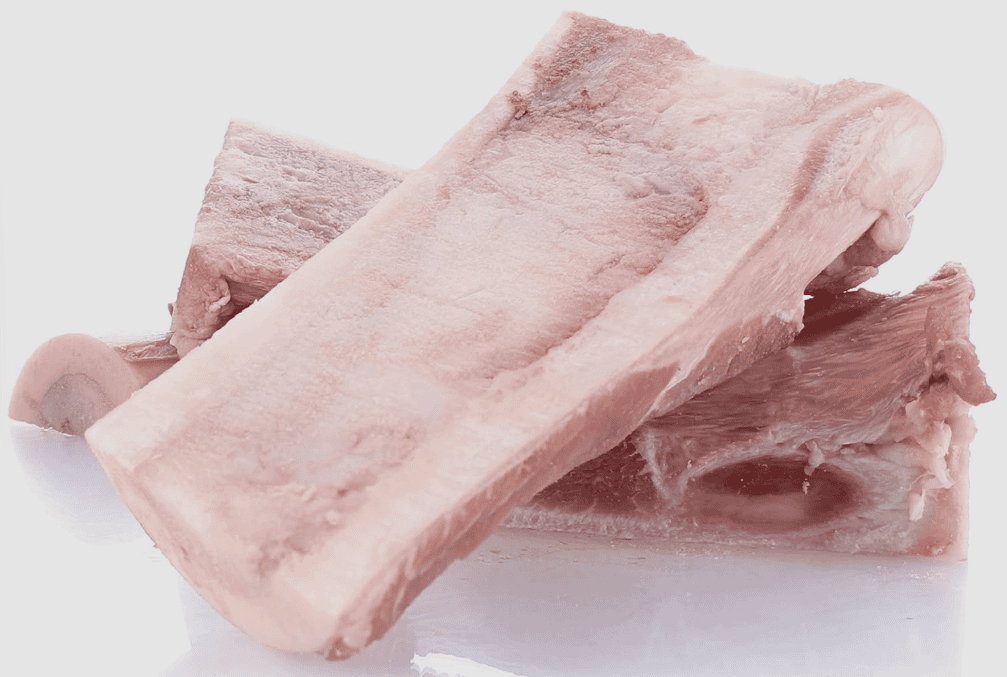Hello there, fellow dog lovers! I’m Dr. Candy, your trusted holistic veterinarian. Today, let’s talk about something that’s crucial for our beloved Boxers – their dental health. You see, Boxer Dental Health is not just about maintaining those pearly whites, it’s about ensuring their overall well-being too. Just like us, our furry friends can suffer from a variety of dental issues, from bad breath to gum disease, and these can significantly impact their quality of life.
Boxers, in particular, are prone to certain dental health issues. But don’t worry, there are plenty of solutions to keep their oral health in check. Whether it’s about “Boxer Dog Oral Care” or “Dental Health Tips for Boxers”, I’ve got you covered. Together, we can ensure that our Boxers enjoy not just a fresh breath, but a healthier and happier life. So, let’s get started on this journey to better Boxer Dental Health!

Signs of Dental Disease in Boxers
As a holistic veterinarian, I’ve seen firsthand how dental disease can affect our beloved Boxer dogs. It’s crucial for us as pet parents to recognize the signs of dental disease early. This way, we can take swift action to preserve our furry friend’s health and happiness. When it comes to Boxer dental health, there are several key signs that may indicate your pup is struggling with dental disease.
One of the first signs you might notice is bad breath. While it’s common for dogs to have breath that’s not exactly minty fresh, persistent bad breath can indicate a problem. This isn’t just about an unpleasant smell – it’s a sign that harmful bacteria are thriving in your dog’s mouth.
Another sign to look out for is a change in eating habits. If your Boxer is avoiding food, chewing on one side, or dropping food, it could be due to oral discomfort. Also, be aware of excessive drooling or bleeding from the mouth, as these can be signs of dental disease.
Physical changes in your Boxer’s mouth can also signal dental issues. Watch for discolored, broken, or missing teeth. Swollen, red, or bleeding gums are also a cause for concern. You might even notice a hard brown or yellow substance on your dog’s teeth – this is tartar, and it’s a breeding ground for bacteria.
Behavioral changes can also indicate dental disease. If your Boxer seems unusually irritable, is pawing at their mouth, or has lost interest in toys they once loved to chew, it’s time to investigate their oral health.
Remember, your Boxer might not show obvious signs of discomfort even when dental disease is present. That’s why regular check-ups are so important. And if you notice any of these signs, don’t wait – seek veterinary attention right away.
Understanding these signs of dental disease is the first step towards safeguarding your Boxer’s oral health. By keeping a close eye on your dog’s behavior and physical condition, you can help ensure they maintain a healthy, pain-free mouth. It’s all part of our commitment to holistic, proactive care for our four-legged friends.
Common Dental Health Issues In Boxers
As a veterinarian, I have observed that Boxer Dental Health is a critical aspect of their overall well-being. Boxers, like any other breed, can suffer from a variety of dental health issues. Let’s delve into some of the most common ones:
- Periodontal Disease: This is a common issue in Boxers and can lead to bad breath, tooth loss, and even systemic diseases if not treated early. Regular brushing and routine dental check-ups can help prevent this condition.
- Broken Teeth: Boxers are playful and energetic dogs. They love to chew on things, which can sometimes lead to broken teeth. If left untreated, broken teeth can cause pain and infection.
- Oral Tumors: Boxers are more prone to oral tumors compared to other breeds. Regular oral examinations are crucial for early detection and treatment.
- Gingivitis: This is an inflammation of the gums that can lead to more serious periodontal disease. Symptoms include red, swollen gums and bad breath.
- Tooth Abscess: This is a painful condition caused by bacterial infection in the root of a tooth. It can cause severe pain, swelling, and if not treated, can spread the infection to other areas of the body.
Understanding these Boxer Dental Health issues is the first step towards preventing them. Remember, prevention is always better than cure. Regular dental care, including brushing and professional cleanings, along with a balanced diet, can go a long way in maintaining your Boxer’s dental health.

Conventional Dental Health Treatments for Boxers
When it comes to maintaining your Boxer’s dental health, there are a couple of conventional treatments that can be beneficial. These treatments, though traditional, have proven to be effective in managing and preventing dental diseases in Boxers.
Anesthetic Dental Cleanings
One of the most common treatments is anesthetic dental cleanings. This involves placing your Boxer under anesthesia and thoroughly cleaning their teeth and gums. This procedure removes plaque and tartar build-up, both above and below the gum line. It’s a comprehensive cleaning that can help to prevent the onset of periodontal disease, a common dental health issue in Boxers. However, it’s important to note that while effective, this procedure should be performed by a trained veterinary professional due to the use of anesthesia.
Potential Individual Health Obstacles for Boxers
While anesthetic dental cleanings are generally safe, there are a few health obstacles that Boxers may face which could complicate the procedure. These include:
- Heart problems: Boxers are prone to certain heart conditions which could make the use of anesthesia risky. Always consult with your vet if your Boxer has a known heart condition.
- Drug sensitivities: Some Boxers may have adverse reactions to certain drugs used during anesthesia. It’s critical to discuss any known drug sensitivities with your vet prior to the procedure.
- Seizures: Boxers with a history of seizures may be at an increased risk during anesthetic procedures. Again, it’s important to discuss this with your vet.
- Extreme age: Older Boxers may have a higher risk of complications during anesthesia. It’s recommended to have a thorough health check-up prior to the procedure.
Remember, every Boxer is unique and their individual health conditions should be taken into consideration when deciding on dental health treatments. Always consult with your vet to determine the safest and most effective treatment plan for your furry friend’s dental health.
As a pet parent, you understand how important it is to keep your Boxer’s teeth clean and healthy. But did you know that your dog’s diet plays a crucial role in their dental health? Let’s take a closer look at Dr. Candy’s holistic approach to oral and dental health for Boxers.
Diet: Low Carbs, Avoid Added Sugars, Enzymes In Fresh Food
Just like in humans, a diet high in carbohydrates and sugars can lead to dental problems in dogs. These foods can stick to your Boxer’s teeth and gums, promoting the growth of harmful bacteria. To prevent this, Dr. Candy recommends a diet low in carbs and sugars.
Instead, fill your Boxer’s diet with fresh foods that are rich in enzymes. Foods like raw carrots, apples, and celery can help clean your dog’s teeth as they chew. These foods are not only nutritious but also act as natural toothbrushes, scraping off plaque and tartar from your dog’s teeth.
- Raw Carrots: They are crunchy and high in fiber, which helps clean your Boxer’s teeth.
- Apples: They contain malic acid, which aids in maintaining fresh breath and clean teeth.
- Celery: It’s fibrous nature acts like dental floss, removing food particles and bacteria from your Boxer’s teeth.
Oral Health Specific Probiotics
Probiotics are beneficial bacteria that can help maintain a healthy balance of microorganisms in your Boxer’s mouth. They can prevent harmful bacteria from multiplying and causing dental issues such as bad breath, gum disease, and tooth decay.
Dr. Candy highly recommends Probiora for Dogs, an oral health targeted probiotic. This probiotic contains strains of bacteria specifically designed to promote oral health in dogs. It’s easy to use – just sprinkle it on your Boxer’s food once a day. Not only does it help maintain a healthy mouth, but it also supports your dog’s digestive health.
Incorporating these tips into your Boxer’s daily routine can significantly improve their dental health. Remember, a healthy mouth is an essential part of your dog’s overall well-being. So, start today and keep that Boxer smile bright and healthy!

Recommended Dental Chews & Products For Boxers
As a dog parent, you might be surprised to know that many commercially promoted dental chews are not as effective or healthy for your Boxer as they’re made out to be. For one, many of these products are high in calories and carbohydrates, which can lead to obesity and other health issues. Plus, they often contain artificial flavors, colors, and preservatives that can harm your pet’s health.
Another thing to consider is that many dental chews just mask the problem rather than addressing the root cause of dental issues. They might freshen your pet’s breath for a short while, but they don’t do much to remove plaque or prevent gum disease.
Moreover, some dental health products like drinking water additives can do more harm than good. These products often contain chemicals that can disrupt the balance of beneficial bacteria in your Boxer’s gut, leading to digestive issues and other health problems.
Dr. Candy’s Recommended Dental Chews & Products for Boxers
As a dog parent, you may have come across commercially promoted dental chews that promise to maintain your Boxer’s dental health. Unfortunately, many of these products don’t live up to their promises. They are often loaded with artificial ingredients and fillers, which do little to clean your dog’s teeth and can even contribute to dental issues. Moreover, some products like drinking water additives may harm the beneficial bacteria in your dog’s gut, further compromising their overall health.
So, what’s the alternative? The answer lies in natural, single source proteins, which are not only healthy but also effective in maintaining your dog’s dental health. Here are some of Dr. Candy’s recommended dental chews and products:
Tendons
Tendons are a fantastic natural chew for your boxer. They are tough and fibrous, which helps to scrape off plaque and tartar from your dog’s teeth. Plus, they are a good source of protein and collagen, promoting good joint health.

Raw Marrow Bones
Raw marrow bones are another excellent choice for maintaining your dog’s dental health. They are a natural source of calcium and phosphorus, which are essential for healthy teeth and bones. Furthermore, the act of gnawing on bones can help to clean your dog’s teeth and gums.

Bully Sticks
Bully sticks are made from 100% beef muscle, providing a natural and digestible chew for your dog. They can effectively remove plaque and tartar and are a good source of protein. However, always supervise your dog while they’re chewing on a bully stick to prevent any choking hazard.

Remember, while these dental chews and products can help maintain your boxer’s dental health, they should not replace regular check-ups with a vet. Regular professional cleanings are essential to prevent dental diseases and ensure your dog’s overall health.
Keep your boxer’s Boxer Dental Health a priority for a long, happy, and healthy life together!
Frequently Asked Questions
1. How can I prevent bad breath in my Boxer?
Regular brushing of your Boxer’s teeth with a dog-specific toothbrush and toothpaste can help prevent bad breath. Additionally, providing dental chews or toys designed to promote dental health can also be beneficial.
2. Are there any specific dental products recommended for Boxers?
Yes, there are dental products specifically formulated for dogs, including Boxers. Look for toothpaste and dental chews that are safe for dogs and have ingredients that help control bad breath and maintain oral hygiene.
3. How often should I brush my Boxer’s teeth?
It is recommended to brush your Boxer’s teeth at least 2-3 times a week. However, daily brushing is ideal for optimal dental health and to prevent bad breath.
4. Can diet affect my Boxer’s dental health and breath?
Yes, diet plays a significant role in your Boxer’s dental health. Feeding a balanced diet that includes dental-friendly foods or dental treats can help reduce plaque and tartar buildup, leading to fresher breath.
5. Should I take my Boxer to the vet for regular dental check-ups?
Yes, regular dental check-ups with a veterinarian are essential for maintaining your Boxer’s dental health. A vet can perform professional cleanings, identify any dental issues, and provide appropriate treatments.
